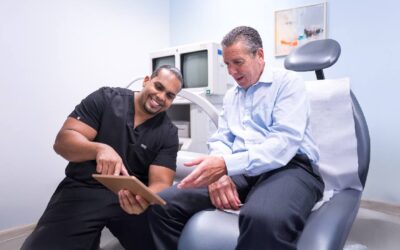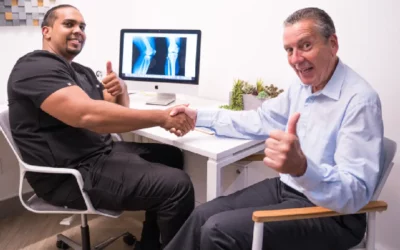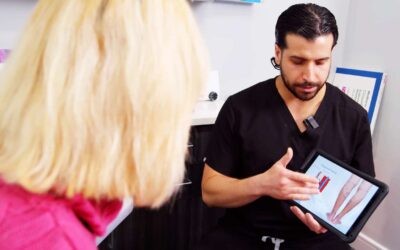THE TITLE GOES HERE
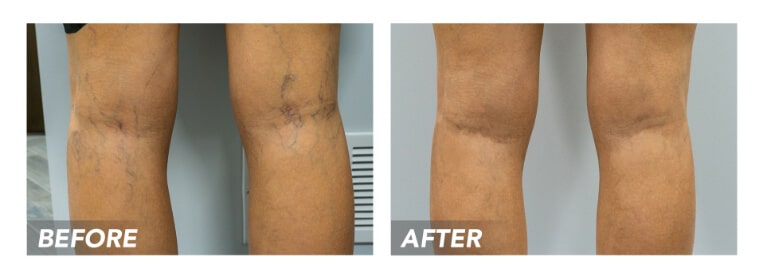
THIS IS WHERE WE PUT THE TITLE
Spider veins are superficial blood vessels that are visible through the skin. They are usually red, blue, or purple, and can occur on the legs, thighs, ankles, and feet. While they are usually not painful, they can be unsightly and cause embarrassment. In some cases, they can also be indicative of chronic venous insufficiency, a dangerous medical condition caused by the collapse of vein valves. If you have spider veins or bulging veins on your legs, you may wonder about the root cause.
Chronic venous insufficiency is usually the primary root cause of spider veins. Venous insufficiency is a medical condition wherein your vein valves collapse. When that happens, gravity forces blood to flow downward and accumulate in the leg veins. Since the veins in your legs must carry blood up to the heart, against the force of gravity, the collapse of vein valves is most likely to affect the leg veins. That’s why you develop spider veins on your legs.
Several factors can contribute to the development of spider veins, including:
- Heredity: Spider veins are more common in people who have a family history of them. That’s because some people are genetically predisposed to have weaker vein valves.
- Age: As we age, the walls of our blood vessels become thinner and less elastic. This can cause the veins to widen and collapse, leading to spider veins and varicose veins..
- Pregnancy: The increased blood volume and pressure during pregnancy can cause spider veins. You may also experience vein problems because of an increased volume of estrogen and progesterone hormones in your body, which can weaken the vein valves.
- Obesity: Carrying extra weight puts extra pressure on the veins in the legs and can contribute to the development of spider veins and varicose veins.
- Prolonged standing or sitting: This can cause the blood to pool in the veins, leading to the development of spider veins. That’s why vein disease is particularly common amongst drivers, nurses, teachers, pilots, and those with desk jobs.
New Jersey Vein Treatment is a state-of-the-art medical center specializing in the latest and safest minimally invasive vein treatments in New Jersey. Our medical center is led by board-certified vein doctors who offer personalized vein treatments to address the root cause of spider veins, thus minimizing the risk of recurrence. You can find our medical centers for vein treatment in Clifton, Paramus, Woodbridge, and Woodland Park. Please schedule an appointment to learn about vein treatment in New Jersey.
THIS IS WHERE WE PUT THE TITLE
If you’ve noticed an uptick in the number of spider veins making an appearance on your skin, you’re not alone. In fact, about half of all adults in the United States have spider veins, also known as telangiectasias. These small, dilated blood vessels are usually red, blue, or purple, and they commonly show up on the legs and face. There are a number of reasons why you might suddenly start seeing more spider veins.
For one, spider veins tend to be more common as we age. That’s because the valves in our veins can weaken over time, causing blood to pool and the vessels to dilate. If you are pregnant, you may also notice an increase in spider veins. This is due to the increased blood volume in your body during pregnancy, which can make your veins look more visible. You may also develop more spider veins because of staying in one position for too long, wearing tight clothing, and other factors.
Is Vicks good for varicose veins?
There is no scientific evidence to support the claim that Vicks can help treat spider veins or varicose veins. While Vicks VapoRub may temporarily relieve the pain and swelling associated with spider veins and varicose veins, it will not shrink or eliminate them. There are several effective treatments for spider veins and varicose veins, including sclerotherapy and endovenous laser ablation — Vicks isn’t one of them. If you are concerned about spider veins or varicose veins, talk to your vein doctor about the best vein treatments for you.
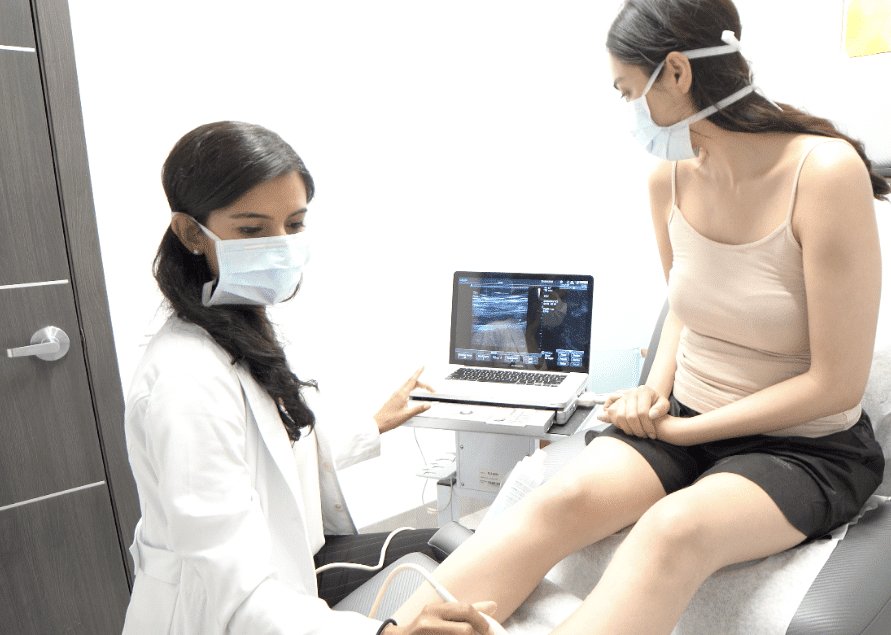
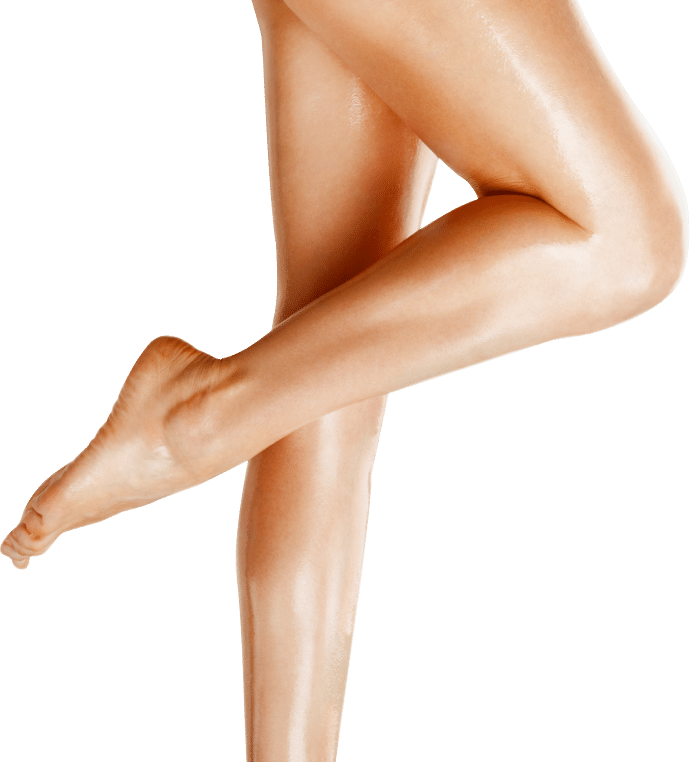
BOOK AN APPOINTMENT
Do you have any symptoms? Consult now with one of the Best Vein Specialist in New Jersey
THIS IS WHERE WE PUT THE TITLE
- Exercise: One of the best things you can do for your varicose veins is to get moving. Exercise promotes circulation and prevents the blood from pooling in your legs. While any type of exercise will do, activities that involve engaging your legs, such as walking, cycling, or swimming, are particularly helpful.
- Wear Compression Stockings: Compression stockings are specially designed to promote circulation and reduce swelling. They work by applying gentle pressure to your legs, which can reduce the size of your varicose veins.
- Elevate Your Legs: When you’re lying down, gravity isn’t pulling on your veins, which gives them a chance to recover. To take advantage of this, elevate your legs whenever possible. This can be as simple as propping them up on a couple of pillows when you’re watching TV or reading in bed.
- Avoid High Heels: High heels may look stylish, but they can contribute to varicose veins. That’s because they put extra pressure on your veins and make it difficult for the blood to flow properly. If you can’t say goodbye to your stilettos entirely, try to limit how often you wear them and choose shoes with a lower heels, when possible.
- Don’t Sit or Stand for Too Long: If your job requires you to sit or stand for long periods of time, take breaks frequently to move around. Even walking for a few minutes every hour can help keep your veins healthy.
- Consider Sclerotherapy: Sclerotherapy is a vein treatment that involves injecting a sclerosing solution into the spider vein, which makes them harden into scar tissues and get metabolized by the body, following which they fade away.
- Undergo Minimally Invasive Treatments: Spider veins and varicose veins are usually causes by underlying vein disease. If you’re diagnosed with chronic venous insufficiency, you must undergo minimally invasive treatments, such as endovenous radiofrequency ablation and laser ablation.
NJ Vein Doctors
Meet our team of New Jersey Vein Treatment Specialists
Vein Treatments are covered by most major medical insurances, including Medicare. Call us today to verify your insurance for FREE >
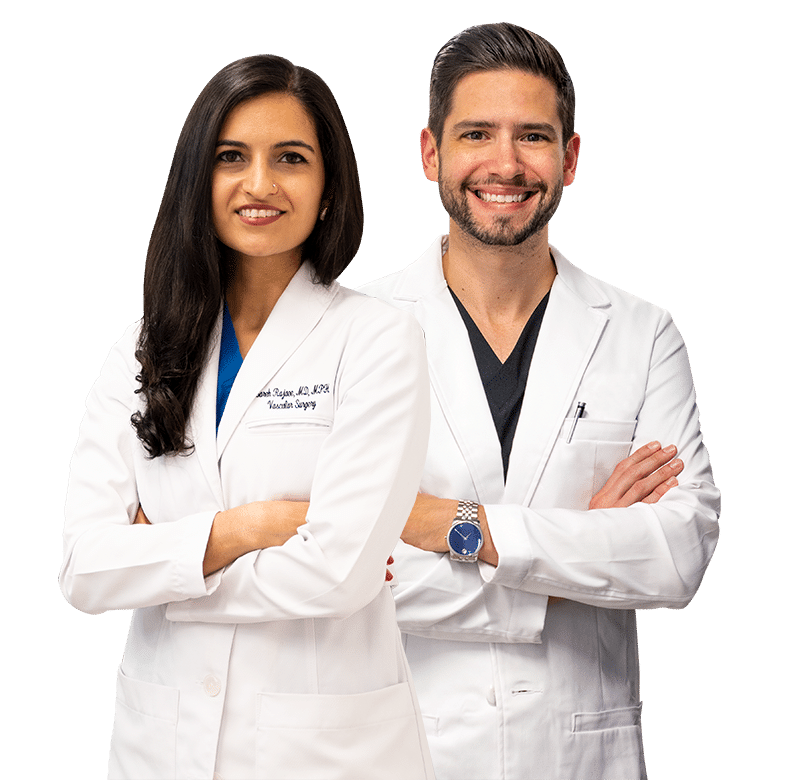
Meet our Team of Top Vein Specialists in New Jersey
Contact us
CALL US
Speak instantly with one of our team members; they will answer any questions you may have regarding insurance coverage, booking an appointment and our vein treatment locations. (973) 946-8082
BOOK APPOINTMENT
Visit our Book Appointment page and instantly request an appointment at the New Jersey vein center. We offer Free Insurance Verification before your appointment.
